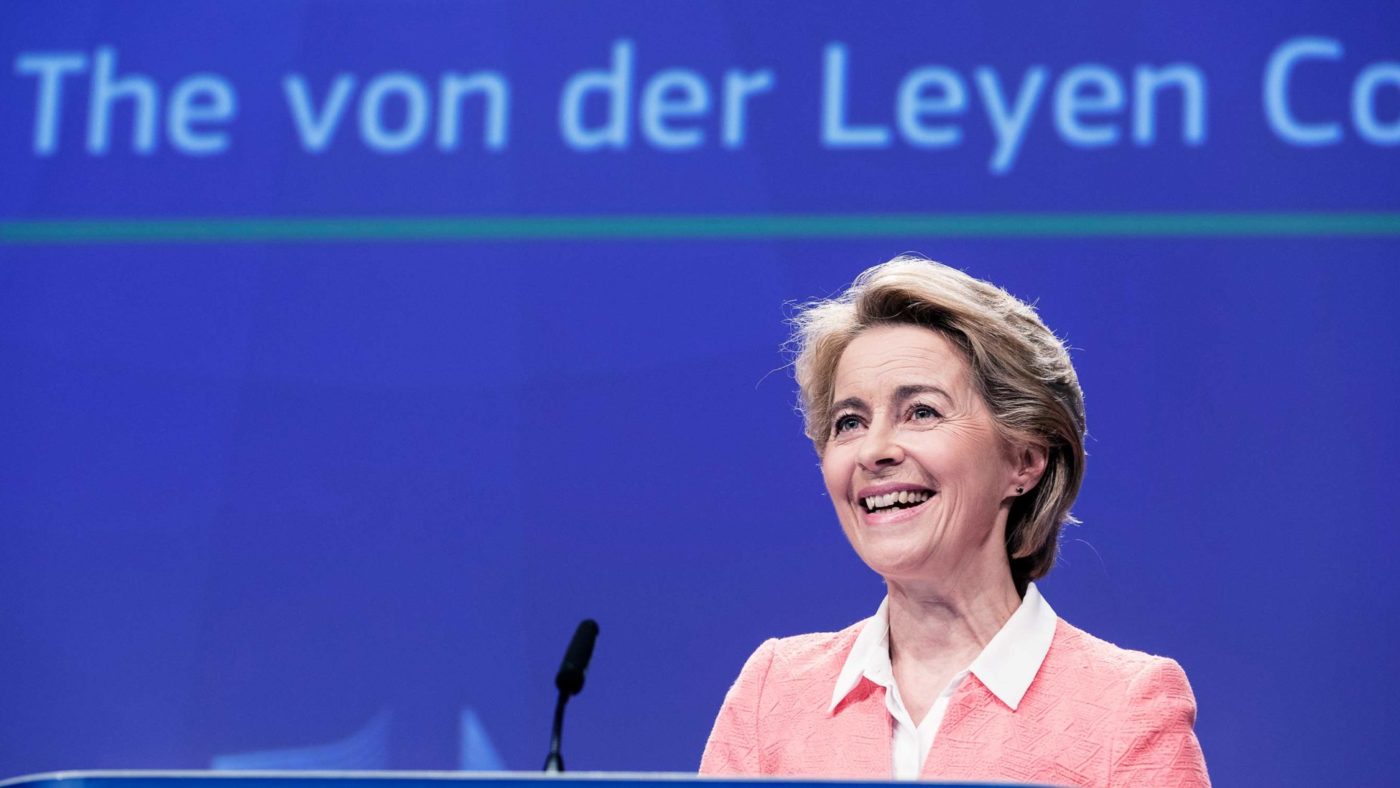The year is young, but already the new European Commission President, Ursula von der Leyen, has faced several challenges to her ambition to head a “geopolitical” administration.
The EU’s response to events in Iran has fallen short of the Commission’s commitment to be more involved and responsive to international events and crises. Despite von der Leyen’s statements and the declarations of the new EU High Representative for Foreign Affairs, Josep Borell, it has become apparent that the EU has no role to play in neither in Iran nor Libya.
It was another case of the classic dilemma of the EU’s ‘capability-expectations’ gap, a term coined in the 1990s to describe Brussels’ inability to deal with crises in its neighbourhood (specifically the wars in the Balkans) and beyond.
There have been many efforts to get around this issue and have a more cohesive and coherent foreign policy, including treaty reforms, the creation of the European External Action Service (EEAS) and the post of High Representative. The truth is, however, that this dilemma will remain as long as EU27 capitals are reluctant to give Brussels more power in this area – and the new Commission will not be able to do much about it.
To fulfill the ambitions of those in Brussels, Paris and other capitals for a more coherent EU-wide foreign policy, there are a number of questions and challenges that member states will need to find agreement on.
Decision-making processes
First, member states take most foreign policy decisions on a unanimous basis, effectively giving all of them a veto right and often making the decision-making process cumbersome, lengthy and inefficient, especially when there is a need to reconcile different interests and points of view, often interlaced with historical and identity issues.
How far are member states prepared to go to become more geopolitically relevant? Would they be willing to move from unanimous to qualified-majority voting in order to take decisions more efficiently?
The Juncker Commission already had already mooted this change, and von der Leyen has indicated she will push for it. Ultimately, however, it will fall to member states to decide how to deal with what remains a contentious issue.
The future of European defence
One of the biggest questions is the direction of defence policy.
Brexit means the departure of one of Europe’s biggest military players, leaving France as the most powerful member state when it comes to defence. At the same time, Emmanuel Macron has put the cat among the pigeons by describing NATO as “braindead” and pushing to develop European strategic autonomy.
Many central and Eastern European states are cautious about anything that might give the impression of them moving away from the NATO umbrella. There are also obvious disagreements between Paris and Berlin about the goals and purposes of European defence initiatives.
What role for the UK?
During her visit to London last week, von der Leyen reiterated Brussels’ message that continued engagement on foreign policy and security issues with the UK is important. Brexit will not change the fact that both sides will need to address questions about their future security relationship and their responses to common challenges such as events in Iran.
What kind of architecture is foreseen to hold discussions and meetings with the UK after it leaves in January? Would it be a ministerial forum, or will the efforts concentrate on meetings between France, Germany and the UK (the E3)? Would it be in the form of a new institution, such as a European Security Council, a proposal raised a number of times by both Macron and German Chancellor Angela Merkel?
The intention and commitment to future cooperation are there, but not much thought has been given to the form these discussions would take. With very little time to agree on a structure on future relations, time is pressing for more clarity on these matters.
The EU’s role in its neighbourhood
Finally, there are many questions about the future of EU enlargement, which is widely considered to be one of the most potent policy tools for Brussels to influence its neighborhood. Accession negotiations planned with Albania and North Macedonia last year have been put off, with fears that the EU approach of using sticks instead of carrots will leave a void in the region that other actors – not least Putin’s Russia – will be keen to fill.
It’s not all doom and gloom. EU foreign policy has had its successes, but if Brussels is going to become a serious global player, member states have to face up to these issues.
Von der Leyen has raised expectations with her new “geopolitical” Commission, but her efforts could be in vain if member states continue to avoid big strategic choices.
Click here to subscribe to our daily briefing – the best pieces from CapX and across the web.
CapX depends on the generosity of its readers. If you value what we do, please consider making a donation.


